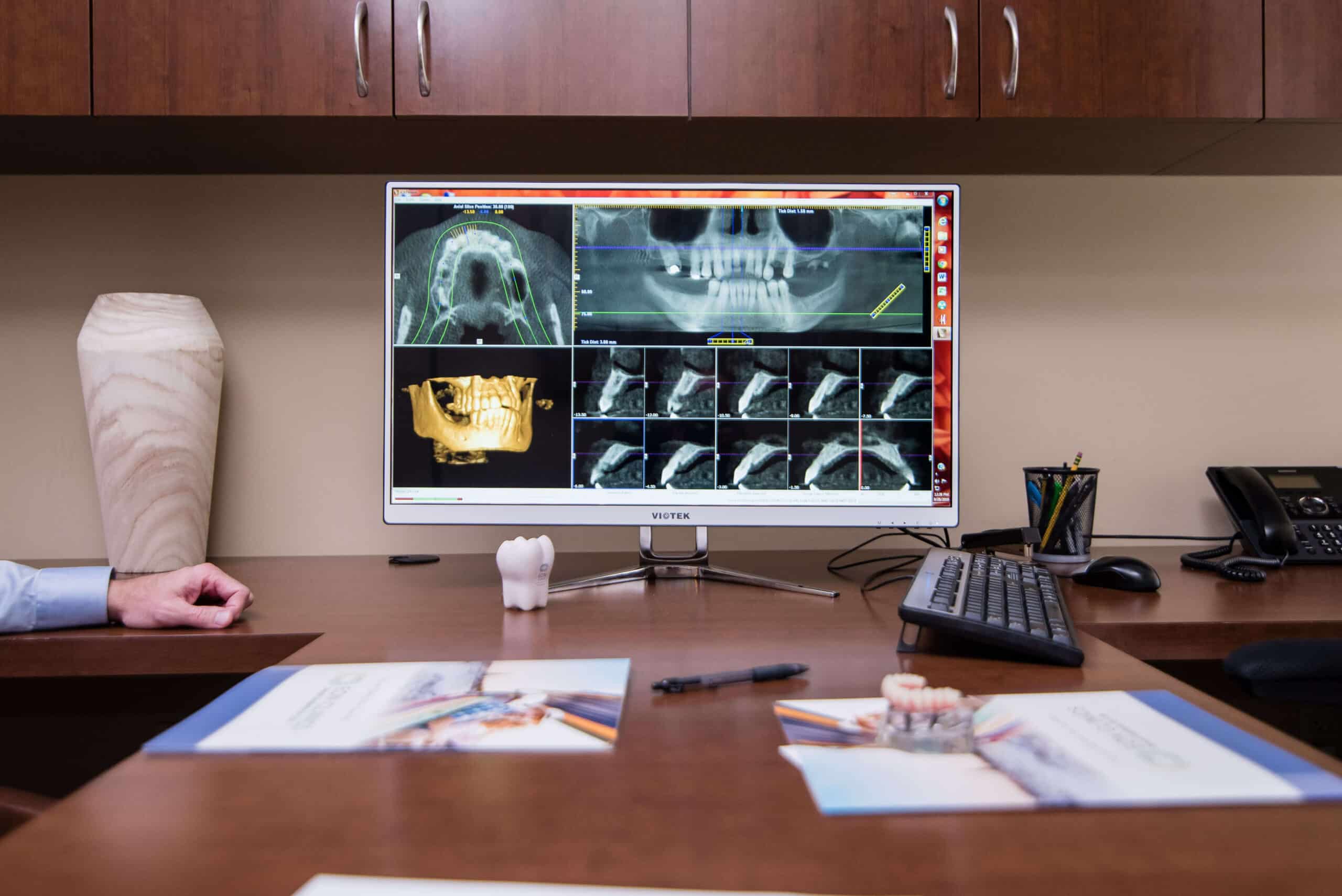Common Cases for Oral Surgery

The prospect of oral surgery is nerve-wracking, but most patients experience little to no discomfort during their procedure, thanks to powerful anesthetics and painkillers. Additionally, most oral surgeries are outpatient procedures, meaning you’ll be in and out of your dentist’s office the same day.
Below are some of the most common types of oral surgery, and what you can expect from each procedure.
Tooth Extraction
Extracting a tooth that can’t be saved with any other dental procedure as it is the most common form of oral surgery. There’s no need to worry about the pain since your dentist will inject the area around your tooth with a local anesthetic. If your tooth is impacted, you may be given a general anesthetic so your dentist can cut away the surrounding gum and bone tissue before they extract the tooth.
Impacted Wisdom Teeth
Wisdom teeth are located in the back corners of your mouth. They may become impacted when there’s not enough room for them to grow. This often results in pain, infection, tooth decay, and alignment problems, which are corrected by extracting the impacted tooth. Before the extraction, your dentist will numb the area with a local, general, or sedation anesthetic. Wisdom teeth extractions are typically outpatient oral surgery, which means you’ll be able to go home the same day.
Dental Implants Oral Surgery
Dental implants are an ideal alternative to dentures since they allow artificial teeth to be mounted onto a set of permanent implants. This surgery is normally performed by a periodontist, who has specialized training in conditions affecting the gums and jaw bone. The procedure involves a titanium rod inserted into the jaw bone, which provides a permanent foundation for custom-made teeth that look and feel like natural teeth.
Jaw Surgery
Jaw-related injuries and diseases can lead to problems with eating, swallowing, and breathing. Jaw surgery can reposition part or all of the jaw to help improve the alignment and overall function. Jaw surgery may also be the only viable option for patients suffering from uneven jaw growth.
Sleep Apnea
Mild cases of sleep apnea are often treated with lifestyle changes, including weight loss and the use of breathing assistance devices like Continuous Positive Airway Pressure (CPAP) machines. More serious cases of sleep apnea may require oral surgical procedures that target the soft palate. For example, removing excess tissue from the soft palate and uvula increases the width of the airway, thereby alleviating the symptoms of sleep apnea.
Biopsy
Oral cancer is a blanket term for cancers of the lips, cheeks, tongue, or any area of the mouth. The most common symptom of oral cancer is a growth or sore in the mouth that doesn’t go away. In such cases, your dentist will perform a biopsy by taking a small scraping of the tissue. Your dentist will send the sample to a lab for testing. Even if the growth is noncancerous, it may be surgically removed to prevent future oral health issues.
“Due to oral cancer I had to do a full mouth implant. From the moment I walked in the door, I felt welcome. I am so happy with my implants, and get compliments every single day on my smile. Thank you EON Clinics!”
Carole Kasper, EON Clinics Patient
Oral Surgery and Dental Implant Specialists
The highly-trained dental implant professionals at EON Clinics perform oral surgeries on patients throughout the Chicago area and southern Wisconsin and northwest Indiana. Schedule a free consultation online today or call us at 800-250-3500.

